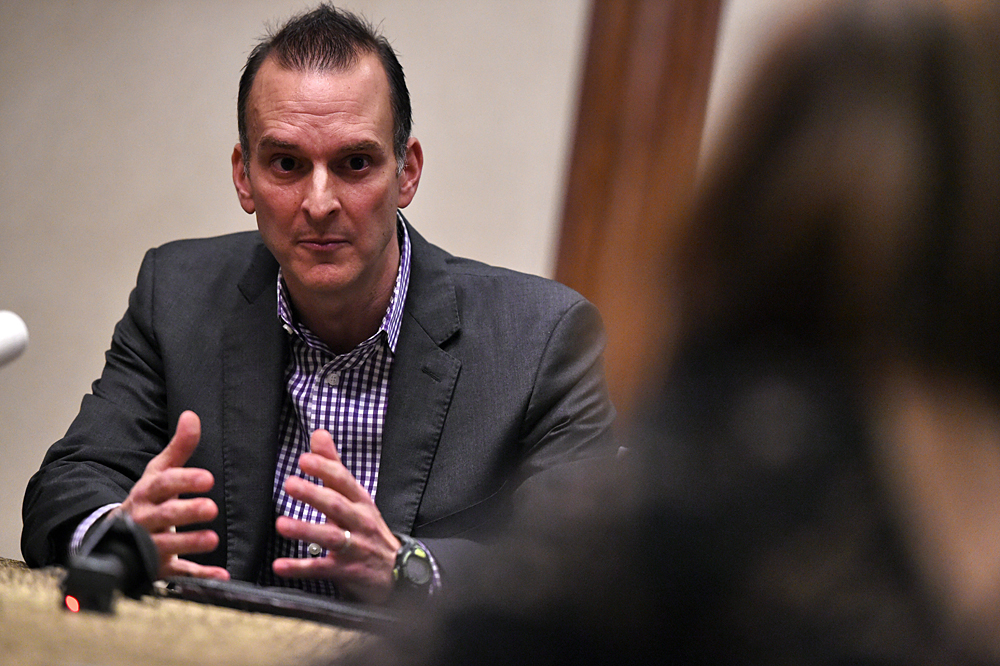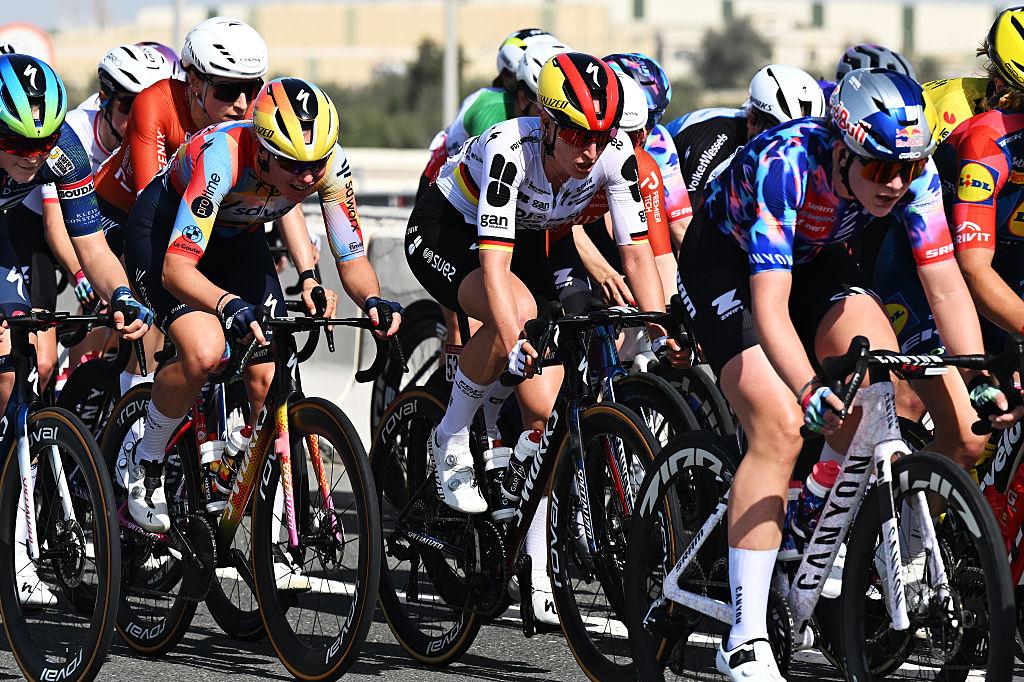USADA begins pilot program for self-administered anti-doping tests
Coronavirus quarantine drives US anti-doping authority to try new methods for testing athletes

The latest race content, interviews, features, reviews and expert buying guides, direct to your inbox!
You are now subscribed
Your newsletter sign-up was successful
The idea of a self-administered anti-doping test my seem like a headline from the satirical website The Onion, but the US Anti-Doping Agency announced this week it has developed just such a system to ensure no one gets a "free pass" from reduced testing during the COVID-19 coronavirus pandemic.
Reuters news agency reported that athletes in a voluntary pilot program have been administering blood and urine tests to themselves while a doping control officer monitors live via FaceTime or Zoom.
“We’re going to push the program and reinvent ourselves during this crisis, but hopefully get some long term winnings and understandings from this project that ultimately may have really good impact on the future of anti-doping around the world,” USADA CEO Travis Tygart told Reuters.
Katie Ledecky and world 200 metres champion Noah Lyles are already participating in the program, according to Reuters.
A near-complete shutdown of testing during the social distancing and self-quarantine mandates brought on by the pandemic prompted some serious concern for USADA and Tygart, who said he believes resumed testing and the biological passport will help determine if any athletes tried to take advantage of the blackout.
"No one should think they have a free pass during this time period, but we also need to be realistic that significant reduction in testing and in some places the shut off in testing has created a serious concern,” he told Reuters.
"What [the biological passport] looks at is fluctuations in a person’s otherwise natural make-up, so if you’ve got extreme fluctuations, they can be caused from a period of doping, a period of non-doping, dead period, whatever the case may be,” Tygart said. “Certainly that can provide conclusive evidence.”
The latest race content, interviews, features, reviews and expert buying guides, direct to your inbox!
Tygart told BBC Sports News Editor Dan Roan that the virtual testing was borne out of his staff's frustration over losing the ability to test athletes in line with their normal protocols.
"So what our team decided to come up with was a virtual testing session where we literally have sent athletes both blood and urine kits," he said. "And then we will call them during their one-hour window and then through Zoom - we've done a couple through FaceTime because of technology we were having trouble with - but we'll Zoom a virtual collection, and we'll monitor the process."
Tygart told Roan that for privacy reasons the doping control officers don't virtually monitor the athlete actually urinating as they would during an in-person visit, but they do time how long it takes and have the ability to monitor the temperature of the urine to make sure it is in line with the proper body temperature.
The doping officers monitor the process of sealing and preparing the sample for mailing while collecting data such as sample numbers. Tygart said a similar process takes place with the blood samples.
Travis Tygart, of @usantidoping tells me about a “unique” virtual drug-testing programme trial which is helping fill gap left by a reduction in traditional in-person sample collection amid the coronavirus crisis. Volunteer athletes include @katieledecky @allysonfelix @emmajcoburn pic.twitter.com/5mWNLVfr0TApril 17, 2020
Growing up in Missoula, Montana, Pat competed in his first bike race in 1985 at Flathead Lake. He studied English and journalism at the University of Oregon and has covered North American cycling extensively since 2009, as well as racing and teams in Europe and South America. Pat currently lives in the US outside of Portland, Oregon, with his imaginary dog Rusty.
